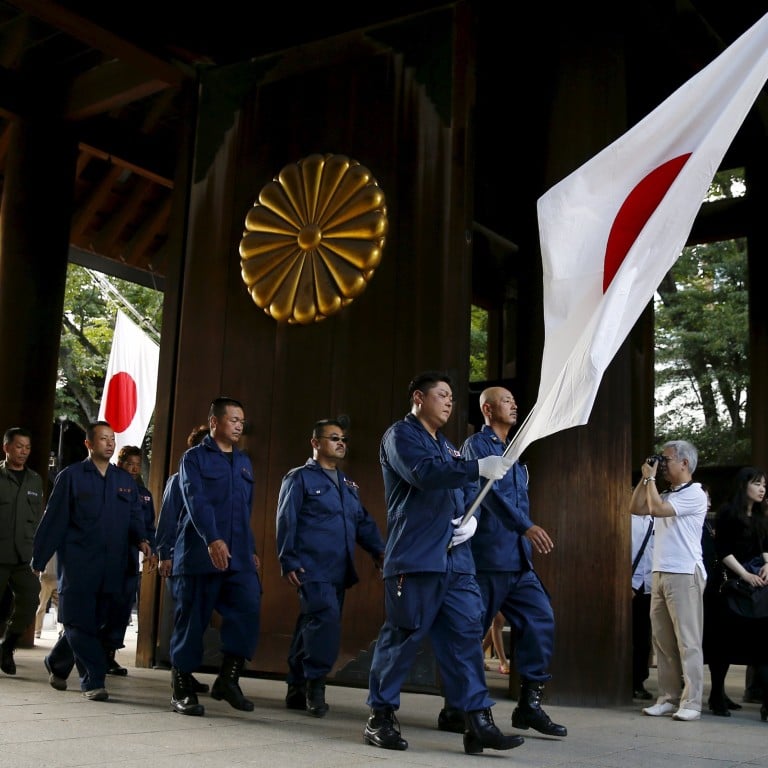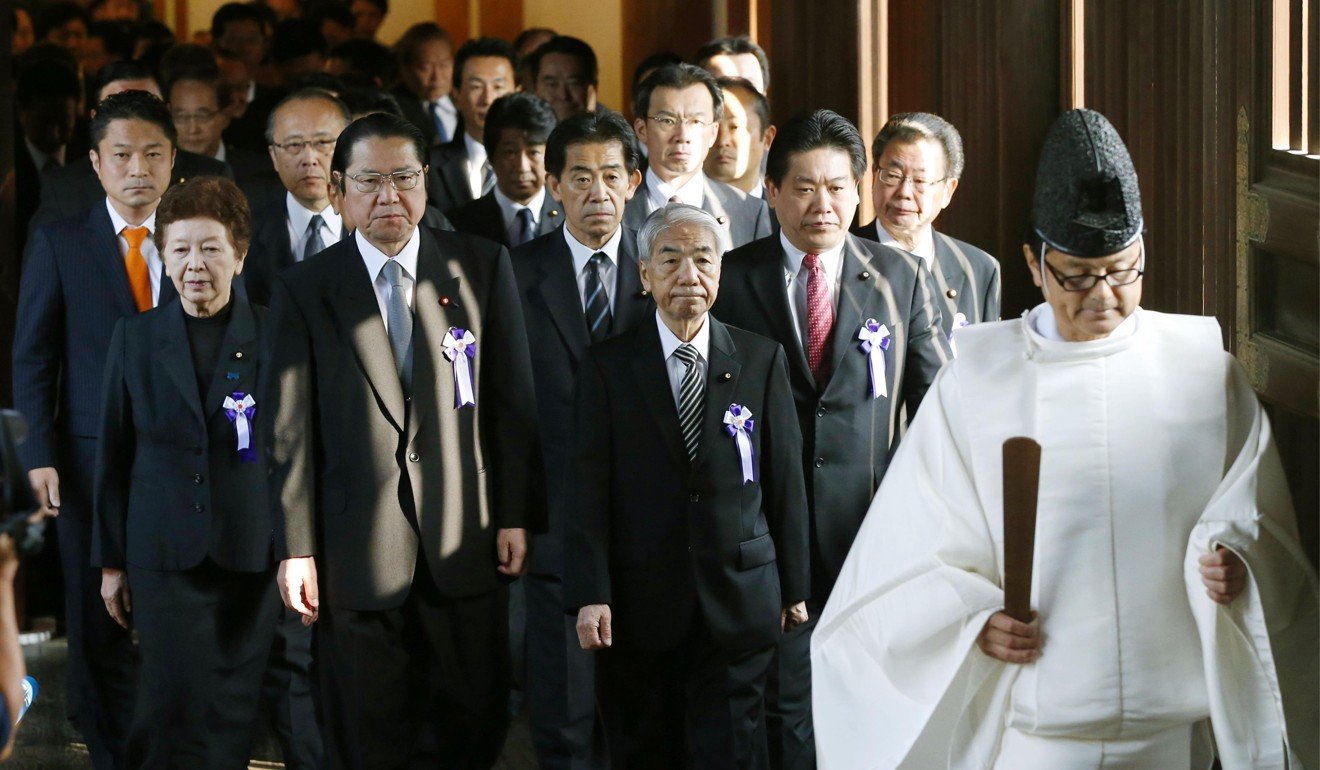
Explainer | Explained: the legacy of war in Asia
- The Japanese government has offered several official apologies for its role in the second world war
- But Prime Minister Shinzo Abe has cast doubt on the need to keep apologising for Japan’s wartime actions
What happened in the Asian theatre during the second world war?
Although Japan sided with the Axis powers in Europe during the second world war, the Japanese militaristic expansion across Asia started before the war in Europe.
In 1910, Japan annexed the Korean peninsula. In 1931, the country orchestrated a military attack on its own forces as a pretext to invade Manchuria, China’s northeastern region. The war officially started in 1937, when Japan launched an invasion on the rest of China, quickly seizing control of the major Chinese coastal cities.
Why the conflict is still relevant today?
Abe’s revisionist stance has damaged relations with China and South Korea. It coincides with his ambition of strengthening his country’s military capabilities and amending Article 9, the “war renouncing” clause, of its pacifist constitution.
South Korean survivor of Japan’s forced labour bears the scars
The statement angered both China and South Korea, who accused the Japanese premier of failing to sincerely atone for Japan’s wartime atrocities. The Chinese Foreign Ministry criticised Abe’s speech as “evasive” in a statement on its website. Park Geun-hye, then South Korean president, said the remarks contained “regrettable elements”.

Where else is the legacy of the second world war evident?
In 2015, Japan and South Korea reached an agreement on the issue, with Japan apologising to the victims and providing funds to create an organisation to help the surviving victims.
Relations between Seoul and Tokyo soured after South Korean President Moon Jae-in rejected the deal, which was negotiated between the administrations of Abe and the impeached Park.
South Korea’s Foreign Ministry said the accord ignored the views of victims. The Japanese government, however, insists there is “no other policy option”.
A diplomatic row over wartime forced labour has also strained ties between the two neighbours. The South Korean Supreme Court ruled twice last year that Japanese corporations must compensate South Koreans for their forced labour during the second world war.
Japan urged South Korea to overturn decisions, arguing the 1965 bilateral treaty, which normalised relations between the two countries, settled the issue of war reparations.

